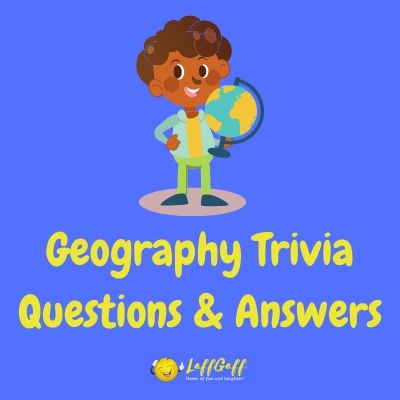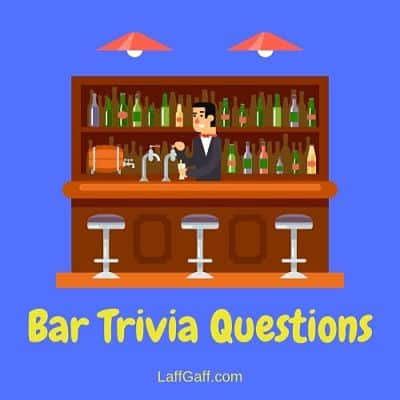Question: In what country is the Suez Canal located?
Show answer
Egypt.
The Suez Canal is a man-made waterway located in the country of Egypt. This monumental canal, which was completed in 1869, stretches approximately 120 miles (193 kilometers) and serves as a vital maritime shortcut, connecting the Mediterranean Sea to the Red Sea.
Before the construction of the Suez Canal, ships had to sail around the southern tip of Africa, the Cape of Good Hope, to move between the Atlantic and Indian Oceans, which was a considerably longer and more treacherous journey. The idea of creating a canal through the Isthmus of Suez to connect the two seas dates back to ancient times, but it was not until the 19th century that the technology and political will aligned to make it a reality.
The Suez Canal was the brainchild of the French diplomat and engineer Ferdinand de Lesseps, who obtained a concession from Said Pasha, the Ottoman viceroy of Egypt, to build and operate the canal. The construction was a mammoth engineering project that took ten years to complete and was fraught with challenges, including the harsh desert climate, the health risks to workers, and the logistical difficulties of such an unprecedented endeavor.
When it opened, the Suez Canal had an immediate and profound impact on global trade, significantly reducing the distance between Europe and Asia. It became the quickest maritime route between the two continents, facilitating the exchange of goods, cultures, and ideas. Control of the canal has historically been a contentious issue due to its strategic and economic importance. It was nationalized by Egypt’s President Gamal Abdel Nasser in 1956, leading to the Suez Crisis, an international dispute that highlighted the canal’s significance to international trade and politics.
The Suez Canal is operated by the Suez Canal Authority of Egypt and continues to be one of the world’s most heavily used shipping lanes. Its role in international commerce is underscored by the fact that a significant percentage of the world’s maritime trade passes through it. The canal allows for more direct shipping between the North Atlantic and northern Indian Oceans, making it an essential component of the global economy and a key asset for Egypt.



